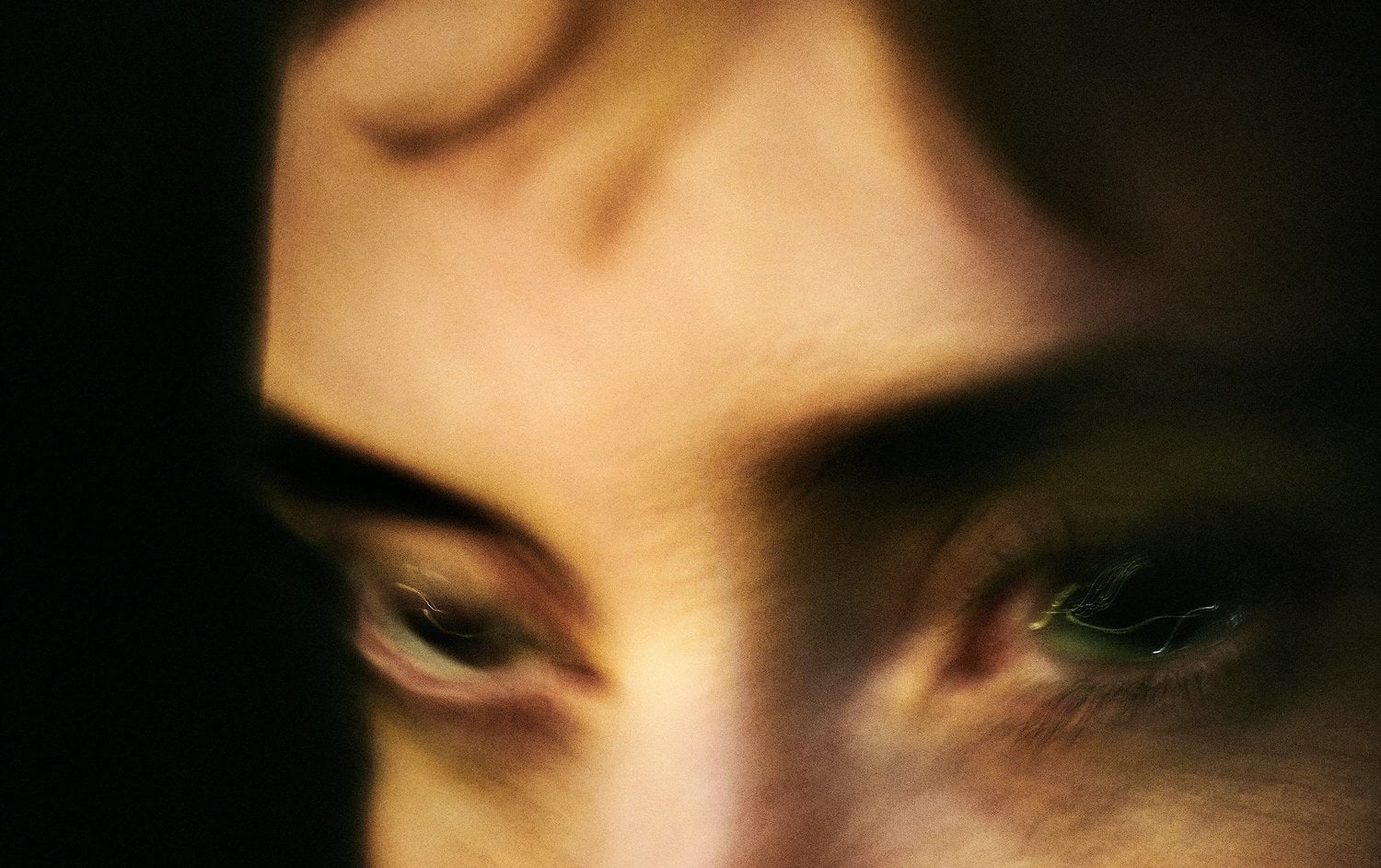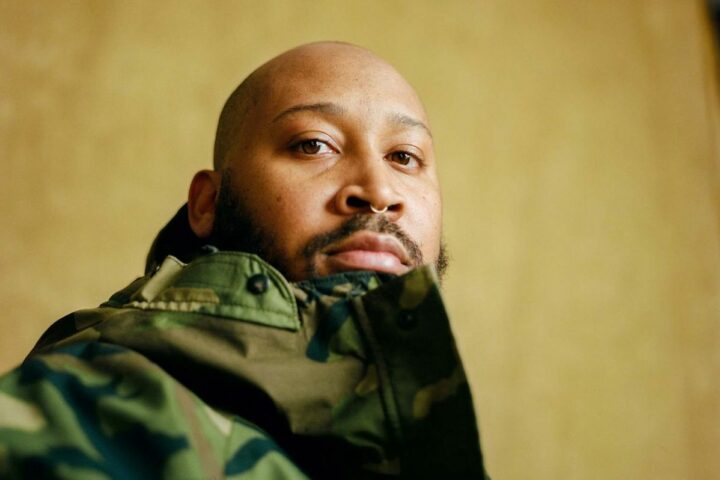There are a few constants across Lykke Li’s studio albums: that morose yet highly emotive vocal style, the melodramatic sweep, and, of course, the theme of heartbreak. The Swedish singer-songwriter’s fifth album, Eyeye, certainly contains these elements, but it also throws us a few curveballs. One can trace the sonic directions that Li explores on each project via her choices in percussion, and Eyeye features nary a drum beat until its third track. Which is to say, this is her sparest and most unadorned album to date.
Gone, in large part, are the thundering, rollicking drums that enlivened Li’s first couple of albums with a kind of operatic fervor. Also absent is the synth-pop pulse that animated 2018’s underrated So Sad So Sexy. When percussive sounds do arrive, as on the arresting “Highway to Your Heart,” they come in the form of light cymbal taps. On the album’s closing track, “Ü&I,” the drums are far-off and clattering, like the distant sounds of a construction site.
The lack of momentum caused by the absence of a consistent beat serves, almost paradoxically, to envelop us in Eyeeye’s often mesmerizing cinematic textures. The album’s songs teem with tactile details, such as the fluctuating squeal at the start of the opening track, “No Hotel,” and the crickets in the background of both that song and the subsequent “You Don’t Go Away.” Elsewhere, the wistful, minute-long swirl of synths and the hollow patter of drums in the middle of “Happy Hurts” elevates Li’s already vivid lyrics, which recall “flaming memories” of a philandering lover’s “silver Chevy,” to a truly pictorial level.
But while most of Eyeye’s trappings as a chronicle of a breakup are successful, sometimes Li’s writing can too blatantly underline her concepts. On “5D,” she probes the nature of a relationship, asking, “Is it only in the movie you can love me in 5D?” The title references seat-rattling 5D cinema as well as the psychedelic drug DMT, but her repetition of that question, along with the rejoinder (“On my screen? In my dreams?”), comes off like too literal and self-aware a comment on the fact that she’s striving to create a film-like experience.
Similarly, on “Ü&I,” Li returns again and again to the line “The movie is you and I,” a nonsensical refrain to close an album that largely evokes the sensory fullness of a movie without needing such signposts. The track ends with sputtering white noise and textural flourishes, imprinted by Li’s voice trailing off into the distance.
That latter effect links to Eyeye’s circular, palindromic motifs, including the album’s title, several lines on “Ü&I” that are delivered backward, and frequent references to her lover’s departure. When we hear the wisps of Li’s vocal fade into the ether at the end of the album, we know it won’t be long before she’s circling back to those old memories again.
Since 2001, we've brought you uncompromising, candid takes on the world of film, music, television, video games, theater, and more. Independently owned and operated publications like Slant have been hit hard in recent years, but we’re committed to keeping our content free and accessible—meaning no paywalls or fees.
If you like what we do, please consider subscribing to our Patreon or making a donation.





